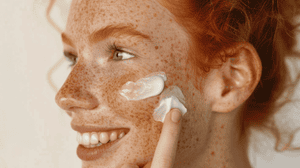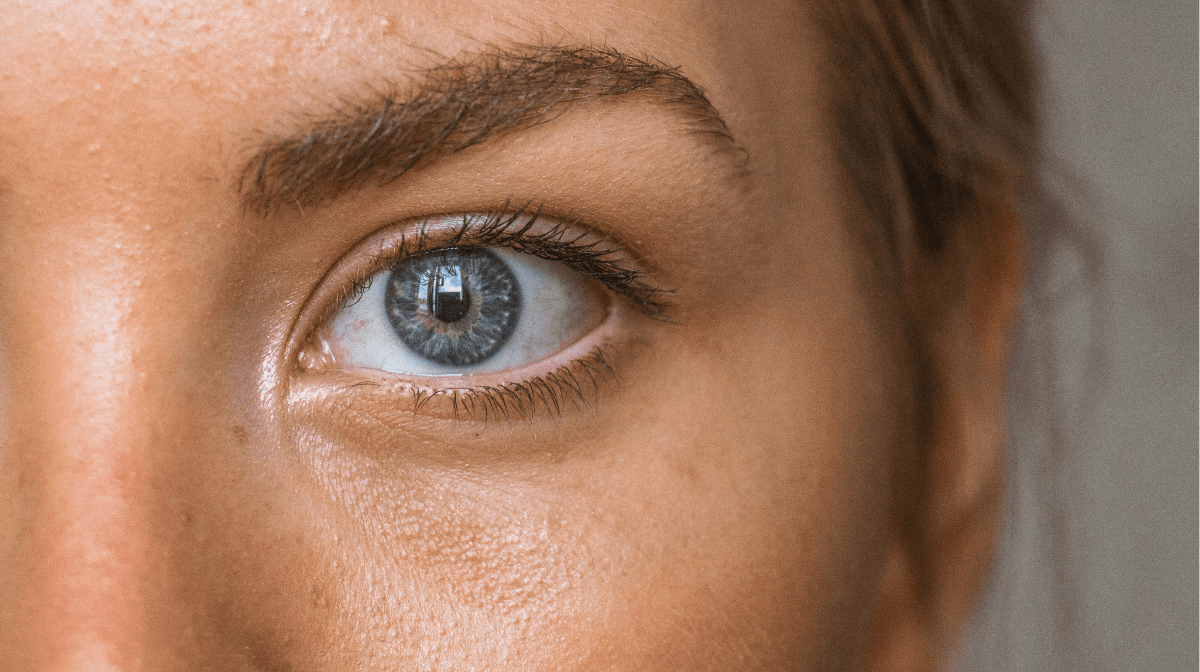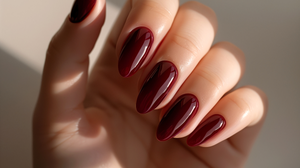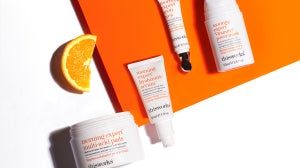
Everyone’s skin is unique and requires personalised care and attention but without knowing your specific skin type, you might not be looking after it in the best way possible.
Our expert guide will help you determine what your skin type is based on its characteristics and how to look after it so it can look and feel its best.
How to Determine Your Skin Type
So, how do you determine your skin type?
There are a few tell-tale signs that will help you indicate which one you have, including:
A shiny t-zone
Dryness
Itchiness or tightness
Enlarged pores
From dry skin to combination skin, there are a few ways to identify each one but what are these skin types and how do you manage them?
What is Dry Skin?
Dry skin tends to occur when water is lost too quickly, which can be exacerbated by both internal and external factors, such as medication and hormones or the climate and environmental aggressors.
Symptoms of Dry Skin
Some of the most common symptoms of dry skin include:
Tightness
Rough patches
Irritation
Scaling, peeling or cracking
If you notice any of these signs, you might have a dry skin type, which needs to be managed in a certain way.
How to Help Dry Skin
If you’re looking to help your dry skin, we recommend using a rich, nourishing moisturiser in the morning and evening.
Incorporating ingredients like hyaluronic acid into your routine and lifestyle tweaks like avoiding hot showers may help to hydrate and support the skin barrier.
What is Oily Skin?
Oily skin is characterised by excess sebum (oil) production and can lead to a shiny complexion, enlarged pores and increased breakouts.
While this skin type can be due to genetic or hormonal factors, other variables like stress, diet, and incompatible skincare products.
Symptoms of Oily Skin
Wondering what oily skin looks like? Here are some common signs:
Excessive shine
Enlarged pores
Acne
If this resonates with you, it might be helpful to make some adjustments to your current skincare regime.
How to Help Oily Skin
To care for this skin type, we recommend using gentle foaming cleansers and light gel-based moisturisers that will help to hydrate the skin without adding extra oil to the complexion.
Salicylic acid and glycolic acid may be effective additions in your routine as these could help to remove excess oil and exfoliate the skin’s surface to unclog pores.
What is Combination Skin?
Combination skin features a mix of oily and dry areas, typically with oiliness in the T-zone (forehead, nose, and chin) and dryness on the cheeks.
Symptoms of Combination Skin
Some common characteristics of combination skin are:
Dry areas
Tightness
Oily T-zone
Exacerbated by seasonal changes
How to Help Combination Skin
This skin type could require a balanced approach, by using lightweight, non-comedogenic products through the t-zone, and more nourishing creams on dryer areas.
What is Sensitive Skin?
Sensitive skin tends to be quite reactive to stimuli that wouldn’t usually cause problems in those with other skin types.
There are some factors that could mean you’re predisposed to sensitivity, including:
Gender
Ethnicity
Age
Environment
Diet
Pre-existing skin conditions (i.e. acne)
Studies have found that women are more likely to experience reactive skin. Although there is no definitive answer as to why, it is theorised that structural differences or hormonal factors could be at play.
Symptoms of Sensitive Skin
Around 40% of the world’s population have sensitive skin, which may present with some of the following signs:
Burning
Itching
Stinging
Tightness
- Inflammation
Flushing
How to Help Sensitive Skin
We recommend working with a dermatologist to help manage sensitive skin and identify your individual triggers.
It may be effective to use gentle, hypoallergenic products that are specifically formulated for this skin type.
Opt for mild cleansers, alcohol-free toners and gentle moisturisers and avoiding harsh exfoliants to help to manage reactivity.
Note: Always perform a patch test before trying new products to check for any adverse reactions.
How to Know What Your Skin Type Is
If you are unsure as to what skin type you have, there’s a simple test you can carry out to help you decide.
Start by washing your face with a gentle cleanser, then pat dry and leave your skin bare for an hour afterwards.
After this, reach for a blotting paper or piece of tissue and dab across the face. We recommend using one piece for the t-zone and one for the cheeks to help identify combination skin.
Once you’ve done this, check your paper. If it looks greasy, it’s likely you have oily skin, while no grease at all could indicate dry skin. A combination of the two could indicate – you guessed it – combination skin.
Identifying sensitive skin can be a little easier, as it generally comes down to the symptoms you’re experiencing, such as reactivity and tingling. If this resonates with you, we recommend seeing the support of a dermatologist to help you manage the symptoms.
By identifying your skin type you’ll be able to develop an effective skincare routine and choose products that can create a personalised regime that works for you.
Consistency and patience are key when it comes to achieving healthy, radiant skin, so it’s important to persevere before you start to see results.
No matter what skin type you have, external factors can have an impact on our complexion. Explore our expert guide on how to protect your skin against pollution, to make sure you’re armed with all of the information you need to achieve the best results.

Related Articles








